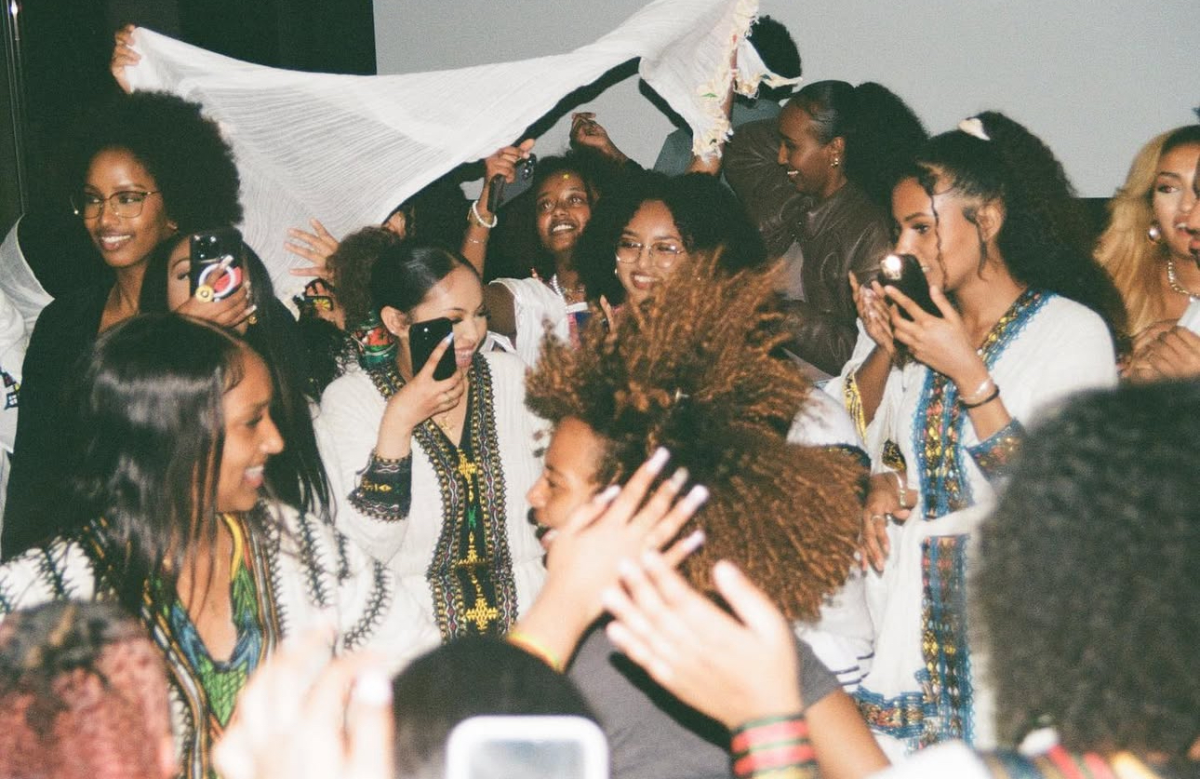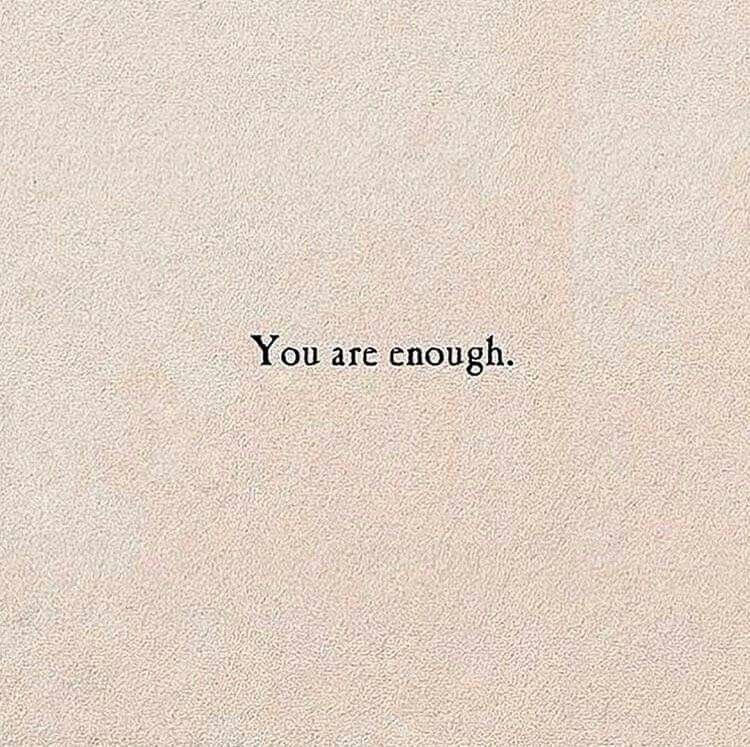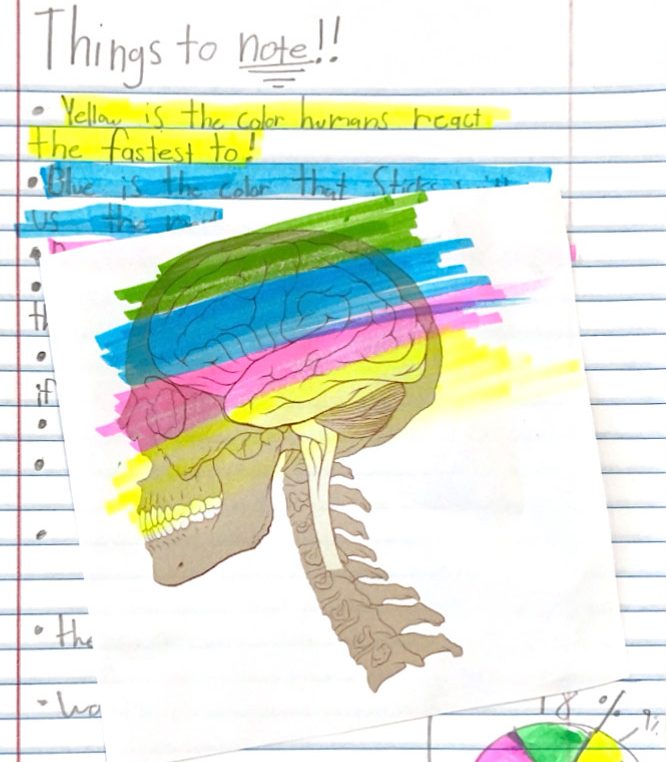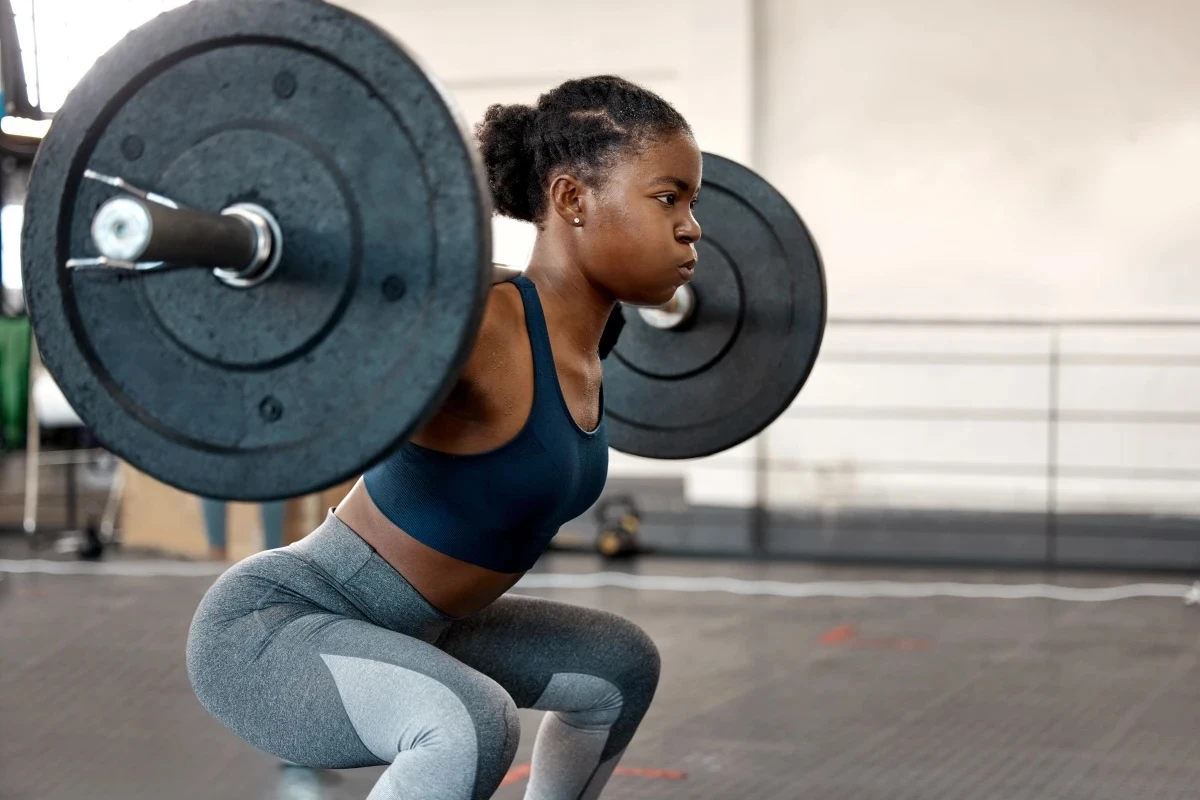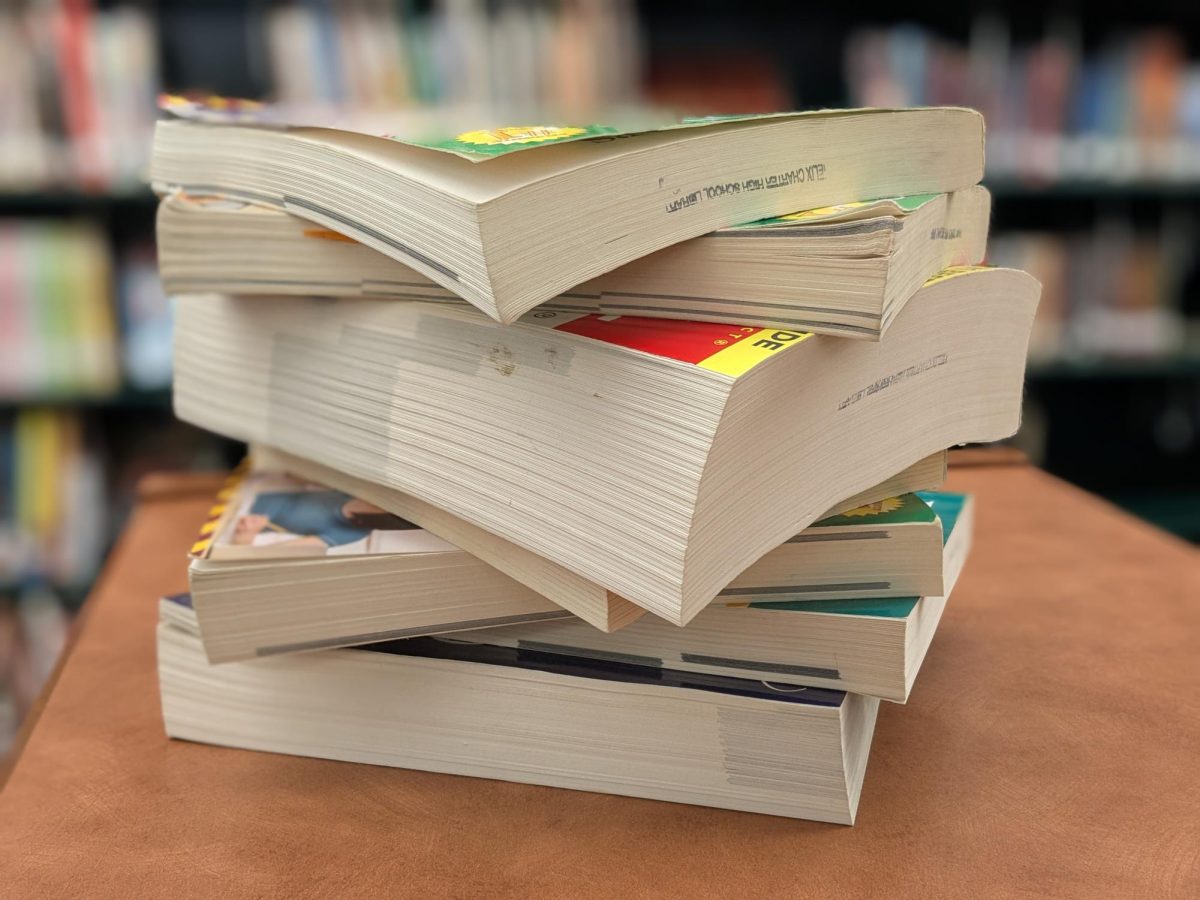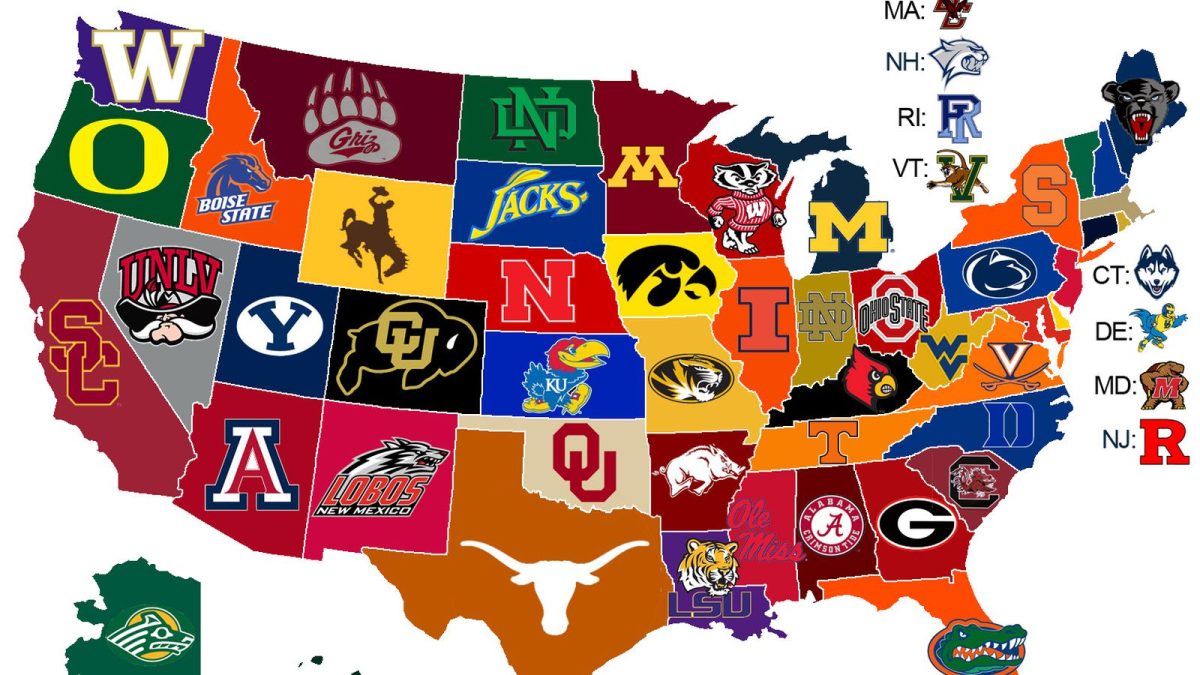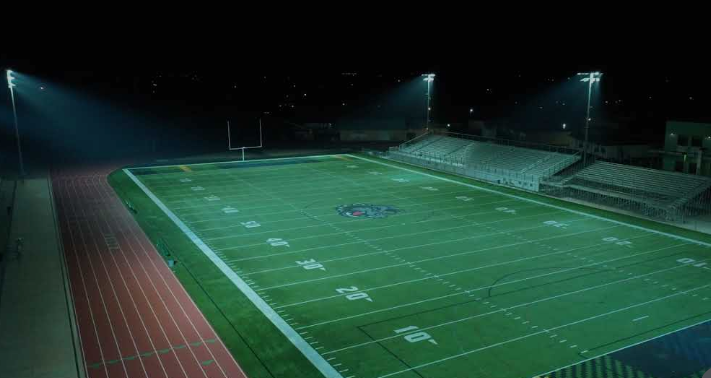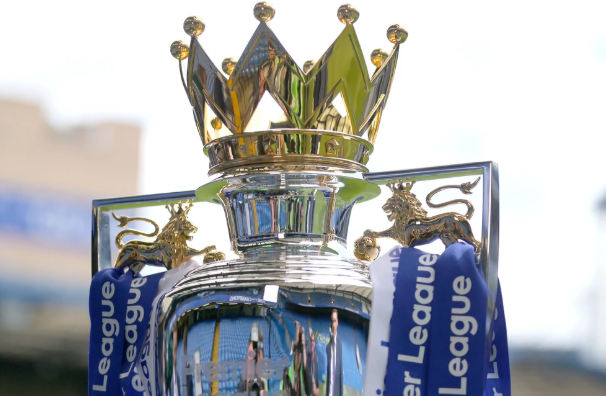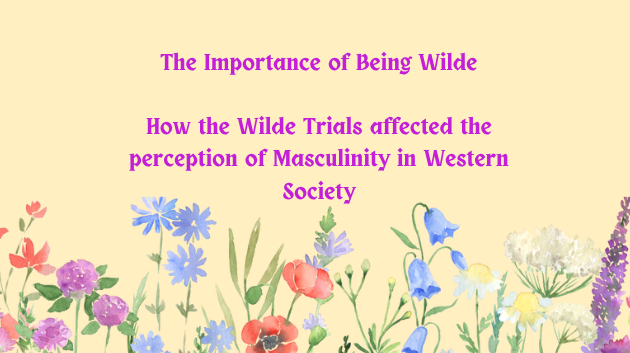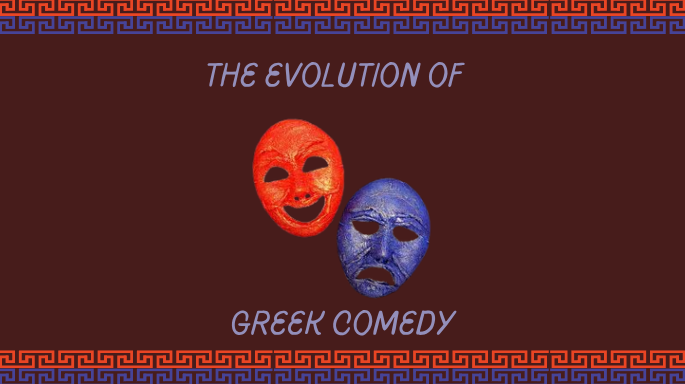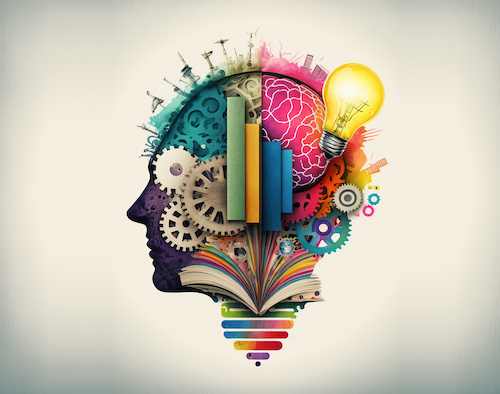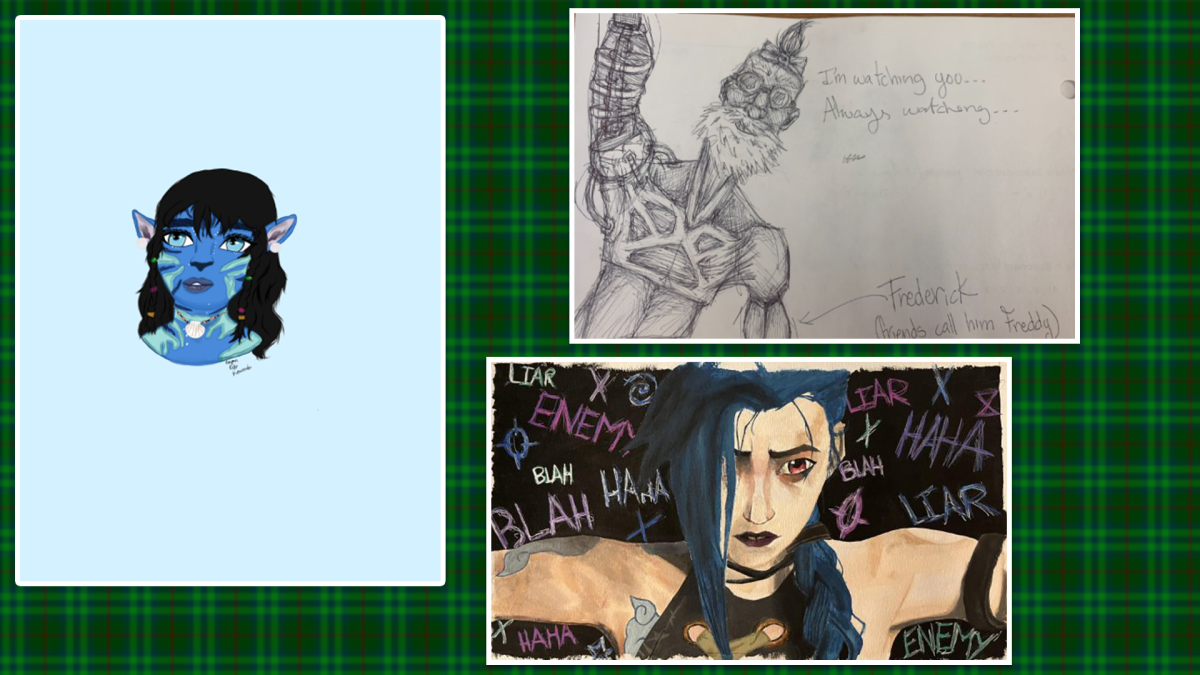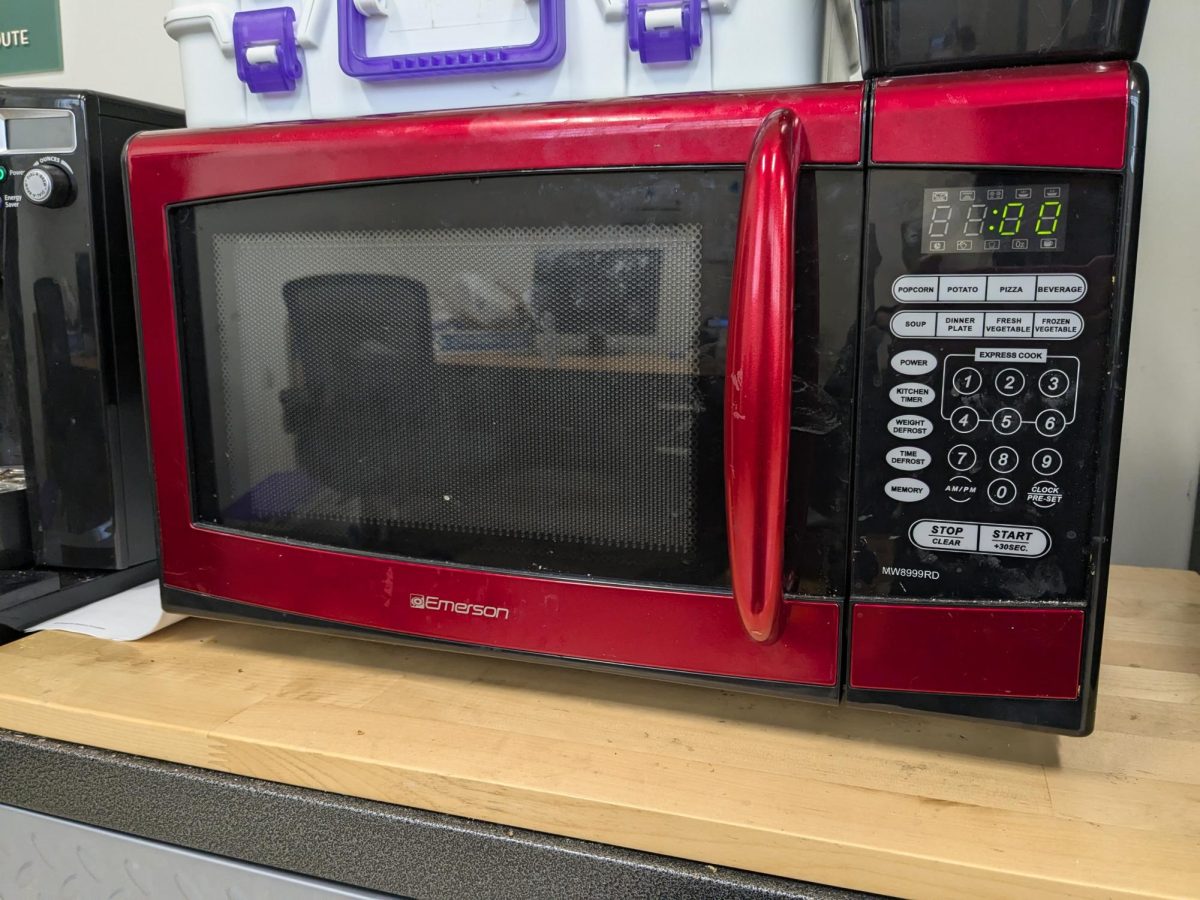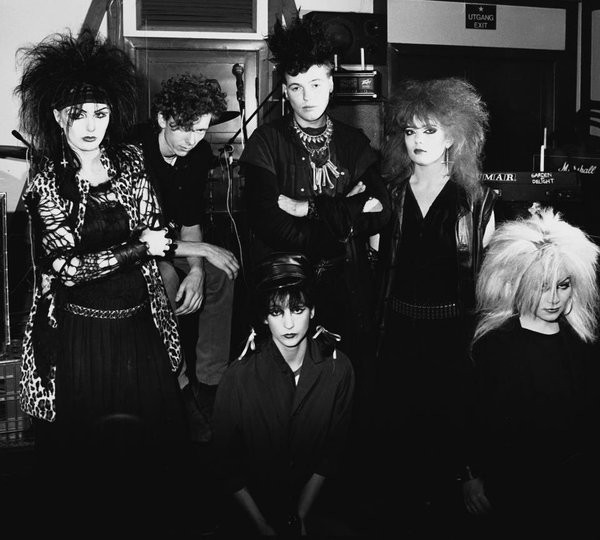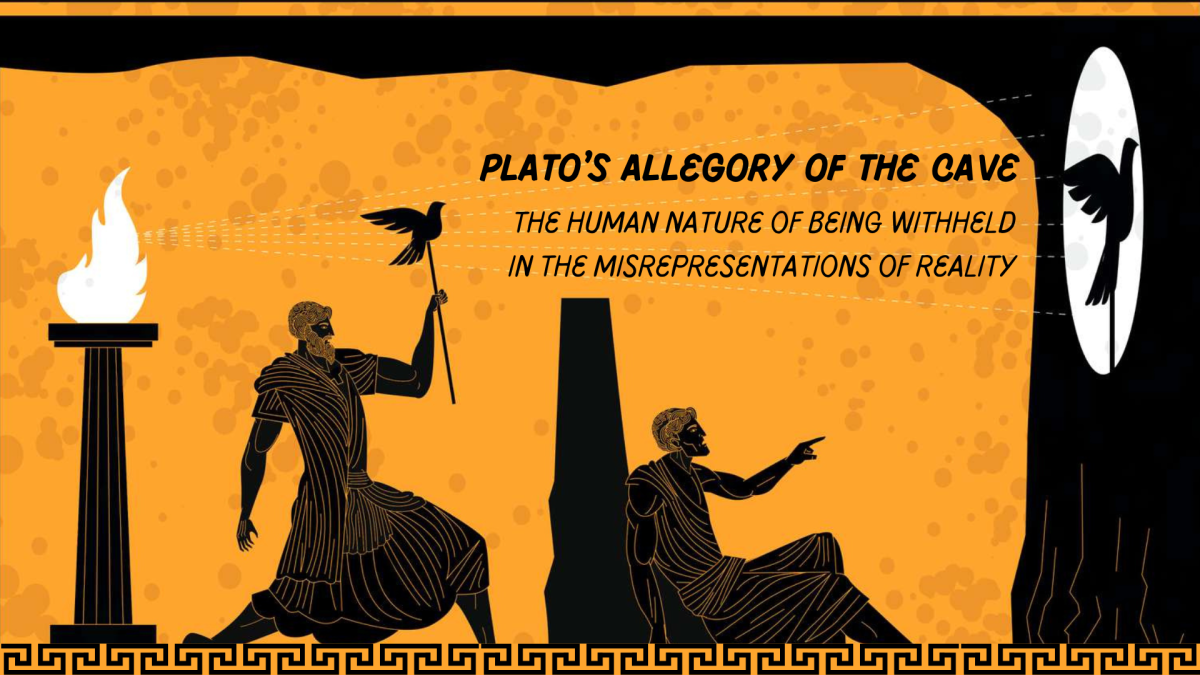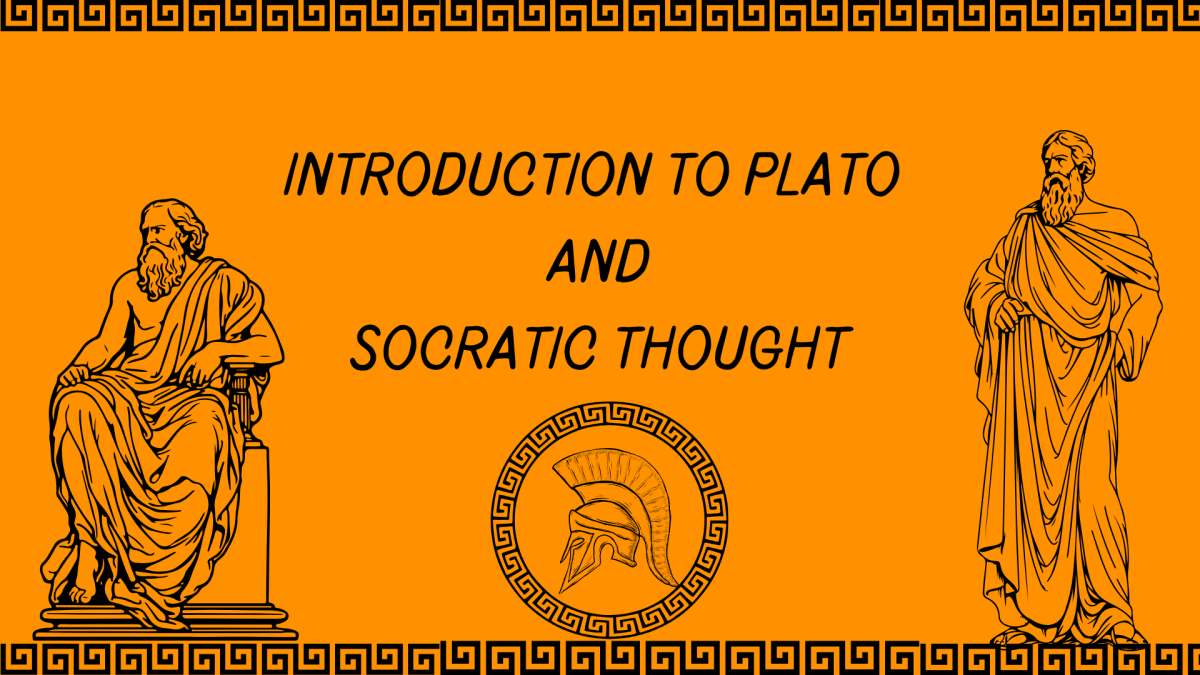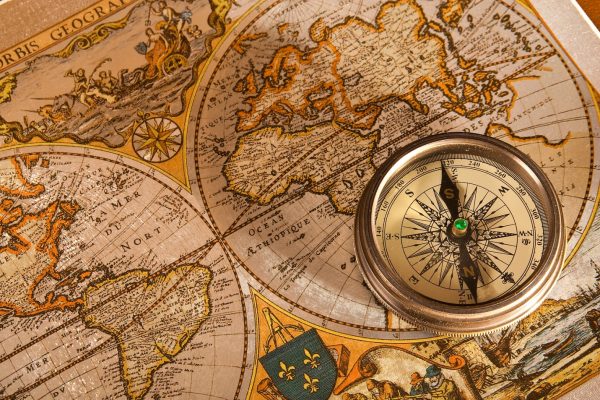
“Those who cannot remember the past are condemned to repeat it.”- George Santayana
Teaching history is a cornerstone of education that transcends the mere memorization of dates and events. It provides students with a profound understanding of the world they inhabit, foresting a sense of identity and continuity. By exploring the triumphs and tribulations o the past, students gain critical insights into the complexities of human behavior and societal development. This knowledge not only equips them with the analytical skills necessary to navigate contemporary issues but also instills a sense of empathy and global awareness. Ultimately, history education empowers individuals to contribute thoughtfully to the future, grounded in the lessons learned from our collective past. History provides context for current events, helping students understand how past events shape todays society, politics, and culture. It also helps analyze historical events which encourages students to use critical thinking as students learn to evaluate sources, understand different perspectives, and form arguments based on evidence. Studying diverse histories promotes empathy and appreciation for different cultures and experiences, fostering a more inclusive worldview. History also offers insights into human behavior, conflicts, and resolutions, providing valuable lessons that can guide future decisions. Understanding one’s own history helps individuals connect with their identity and heritage, building a sense of belonging and community. Overall, history enriches our understanding of humanity and equips students with the tools to navigate the complexities of modern life.
Teaching History is important for several reasons
Understanding Context: History provides context for understanding the present and anticipating the future. It helps us comprehend how societies, cultures, and institutions have evolved.
Learning from the Past: By studying past successes and failures, we can make informed decisions and avoid repeating mistakes.
Building Critical Thinking: Analyzing historical events encourages critical thinking and helps students evaluate sources, understanding different perspectives, and form reasoned conclusions.
Cultural Awareness: History fosters an appreciation of different cultures and traditions, promoting empathy and respect for diversity.
Informed Citizenships: Knowledge of history equips individuals to participate more effectively in civic life, understanding the roots of contemporary issues and the importance of historical precedent in shaping laws and policies.
An Interview with Mr. Weber
Mr. Weber is a history teacher who also attended Helix Charter High School. He was inspired by his own history teacher and the way he taught the class. He enjoys reading in his spare time, and growing up he always found the topic of history fascinating. He always seem to understand the material. One aspect of history he finds the most intriguing is the early medieval times, specifically around the 1400s. He enjoys comparing how people’s lives were like and how they were affected during that time. He finds interest in comparing and contrasting historical events to today’s society. His interests not only play a role in his teaching style, but he uses other techniques such as having a sense of humor; creating jokes to make the lesson fun and engaging with his students.
As we sit in a class full of historical posters, Mr. Weber mentions how he always, tries to find “interesting stories that help people remember the person, which helps them remember what they have to remember.”
When interviewing Mr. Weber about the importance of teaching history he states that learning about it “allows people to see the cycle of things, and stop it from happening again. To understand why thing are happening.” He adds on by saying that it is “Good to know the history of the country – to make sure the bad stuff doesn’t happen again and to realize the good that is going on.”
History is an important topic to learn about to look back on what has happened and how we can prevent things from happening once more. By studying past events, we can understand the consequences of decisions and actions, helping to avoid similar pitfalls in the future. Recognizing and addressing historical injustices can lead to a more equitable society. Understanding past struggles for rights and freedoms helps us continue advocating for justice. Ultimately, reflecting on history helps us build a better future by learning from the past.
Mr. Weber advises that with history, we should try “To apply it to their own lives, seeing how certain policies that are created affects their lives and how to work around it.”
Wrapping up our interview with Mr. Weber, with the last question of, how does he wat to be remembered for? he says, ” Energetic, hyper, had a good time, made it fun, history is not so bad.”
An Interview with Mr. McKinney
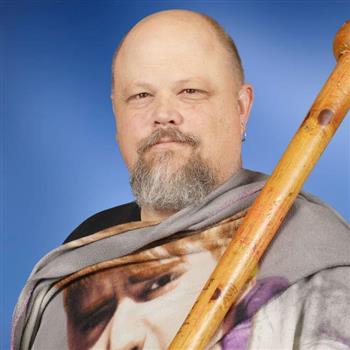
Mr. McKinney, another history teacher at Helix Charter High School, was inspired by his family members who all had a role in teaching and he wanted to follow into their footsteps. History was a subject he found most enjoyable and wanted to make and educational impact on students lives. Political science were one of his majors in college and as he started teaching, passion grew.
Some aspects he finds most interesting when it comes to history are, “Legal issues, supreme court cases because they deal with decisions that affect our lives, and how a group of people can disagree about a specific topic.”
Asking Mr. McKinney about the benefits that come with learning about history for students, he mentions how, “It helps them understand where they have been and where they are going and shared struggles, why things happen and to learn from mistakes and successes.”
When it comes to teaching history to his students, he describes himself to be loud, energetic and try to make the lesson and interesting and fun as possible for his students to not only engage with him and understand the material but to also see his passion for when it comes to teaching. He also uses different strategies such as presenting, using videos, simulations, creating activities and projects for his students.
When asking him about what is the most important lesson students should learn from studying history? He replies with the suggestion that students should, “ Learn how to think for themselves, take an event, process it, and form an opinion. Make your own opinion, and questions, own up to mistakes, easier to deal with in the long run. “He also suggest that it is, “Good to be informed of what is happening in the world and how the past is relevant to today’s time.”
Another piece of advise or something he lives up to is and quote from one of his past history teachers, he states that, ” History is watching a car incident from 4 different corners, everyone has a different point of view.”
As we wrap up our interview with Mr. McKinney, I ask him his last question stating that if he were to retire, what does he want to be remembered for? He replies with, ” Funny, not a serious type of guy, awesome in taste of music, talks about BBQ too much, plays that stupid Friday song, makes history fun.” In general, ” Just want to be remembered, if students remember their teacher in a positive way, then I did my job and made some type of an impact, memorable moments and experience.”


